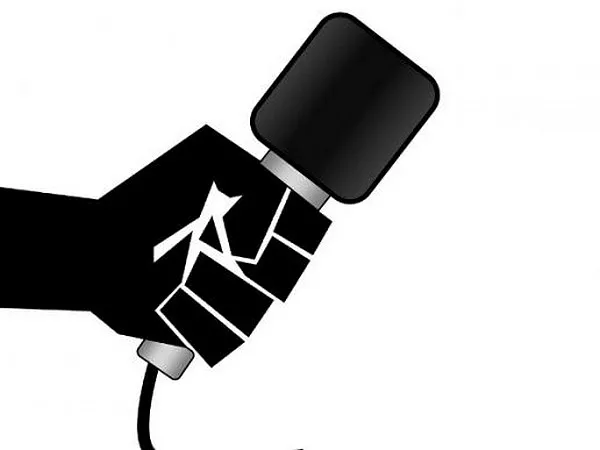The Human Rights Commission in Pakistan (HRCP) on Tuesday strongly opposed the disruptions to ARY News and asked the country’s regulatory authorities not to take channels off the air arbitrarily.
In a statement, HRCP asked Pakistan Electronic Media Regulatory Authority (PERMA) to protect all media houses’ right to freedom of expression, responsibly exercised.
“HRCP strongly opposes the disruptions to @ARYNEWSOFFICIAL. PEMRA must refrain from arbitrarily taking channels off the air and protect all media houses’ right to freedom of expression, responsibly exercised,” HRCP tweeted.
The transmission of Pakistan’s local media outlet ARY News was suspended in different parts of Pakistan on Monday. In the details provided by the media outlet itself, it came to light that the barring of the channel took place following the orders of PEMRA to the cable operator.
ARY News’ transmission was suspended in Karachi, Lahore, Islamabad, Sialkot, Hyderabad, Faisalabad and other cities.
As the news outlet shutdown continued, many leaders of Imran Khan’s party Pakistan Tehreek-e-Insaf (PTI) took to Twitter and registered their protests.
Among those who protested online were PTI leader Shireen Mazari, Shahbaz Gill, and others. They shared screenshots showing the suspension of ARY News transmission on Nayatel (an Internet Service Provider in Pakistan).
The ban came after ARY News reported that the ruling PML-N built a narrative to prove that the rival PTI is an anti-military and anti-armed forces power. The media portal claimed that the report emerged to be true.
Earlier, a report compiled by the Council of Pakistan Newspaper Editors highlighted that Pakistan’s media freedom has been under serious question.
The media freedom report paints an abysmal picture of the realities of being a journalist in the country. It highlights how, in the last year alone, many journalists were killed in the line of duty and how overall attempts to stifle the media and block access to information have grown, according to Dawn.
In the past year, the financial standing of media houses has also worsened. Two media workers took their own lives due to unemployment. The situation, the report concludes, is worse than during the previous two years.
The report is a damning indictment of the state of freedom of the press in the country, but it only just about captures the everyday hardships faced by journalists who risk their lives in mostly low-paid jobs to fulfil a critical role in our democracy, according to Dawn.
Media workers, both field reporters and desk staff, are increasingly experiencing either harassment or financial hardship or both.
They are being threatened, silenced and squeezed. Be it a prime-time TV anchor or a beat reporter, the threats exist for everyone. Even media group owners are not immune to such harassment.

